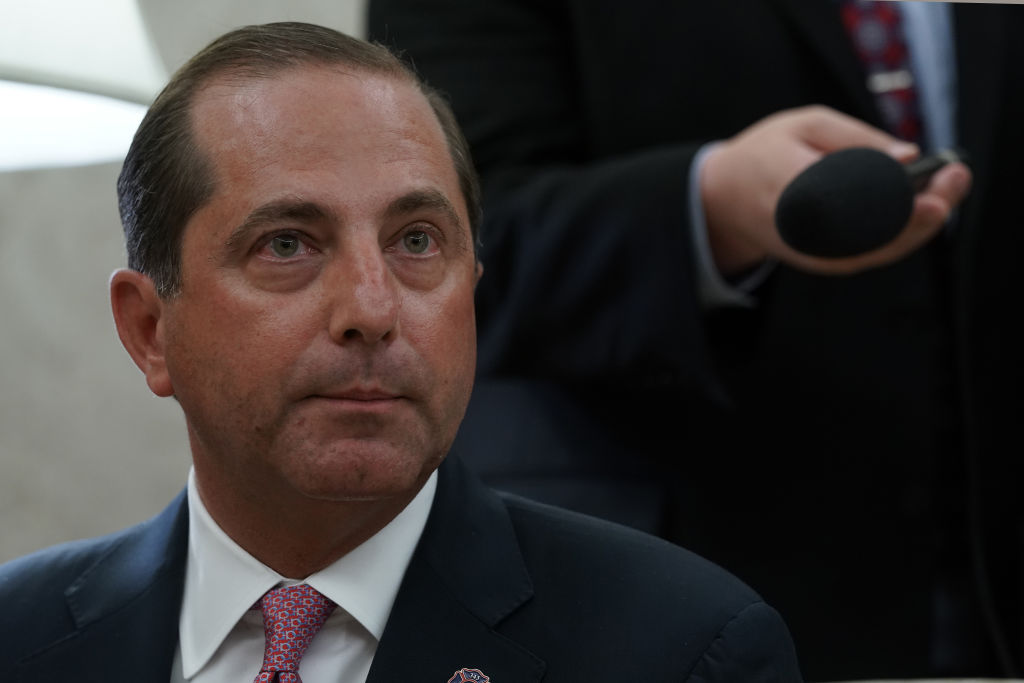The United Nations General Assembly: Live updates – CNN

In remarks delivered at the United Nations General Assembly today, US Health and Human Services Secretary Alex Azar encouraged world leaders to expand access to health care without the inclusion of terms such as “reproductive health and rights.”
“There is no international right to an abortion and these terms should not be used to promote pro-abortion policies and measures,” Azar said. “Further, we only support sex education that appreciates the protective role of the family in this education and does not condone harmful sexual risks for young people.”
The statement, suggesting a stance against abortion, was presented during a high-level meeting on universal health coverage. The meeting aims to accelerate progress toward universal health coverage for everyone around the world, which would include access to health care services, medicines and vaccines. The effort is part of the UN’s 2030 Agenda for Sustainable Development, under which all countries have committed to try to achieve universal health coverage by 2030.
“We therefore request that the UN, including UN agencies, focus on concrete efforts that enjoy broad consensus among member states,” Azar said. “To that end, only documents that have been adopted by all member states should be cited in UN resolutions.”
In his remarks, Azar said that he and the other health officials were speaking on behalf of the United States, Bahrain, Belarus, Brazil, the Democratic Republic of the Congo, Egypt, Guatemala, Haiti, Hungary, Iraq, Libya, Mali, Nigeria, Poland, Russia, Saudi Arabia, Sudan, United Arab Emirates and Yemen.
“We support equal access to health care which includes but is not limited to reproductive concerns, maternal health, voluntary and informed family planning, HIV, elimination of violence against women and girls, and empowerment to reach the highest standard of health,” Azar said. “Let us focus on concrete issues and challenges to accelerate access to health for all, to this end, international solidarity has a key role to play in order to build broad consensus by member states.”



